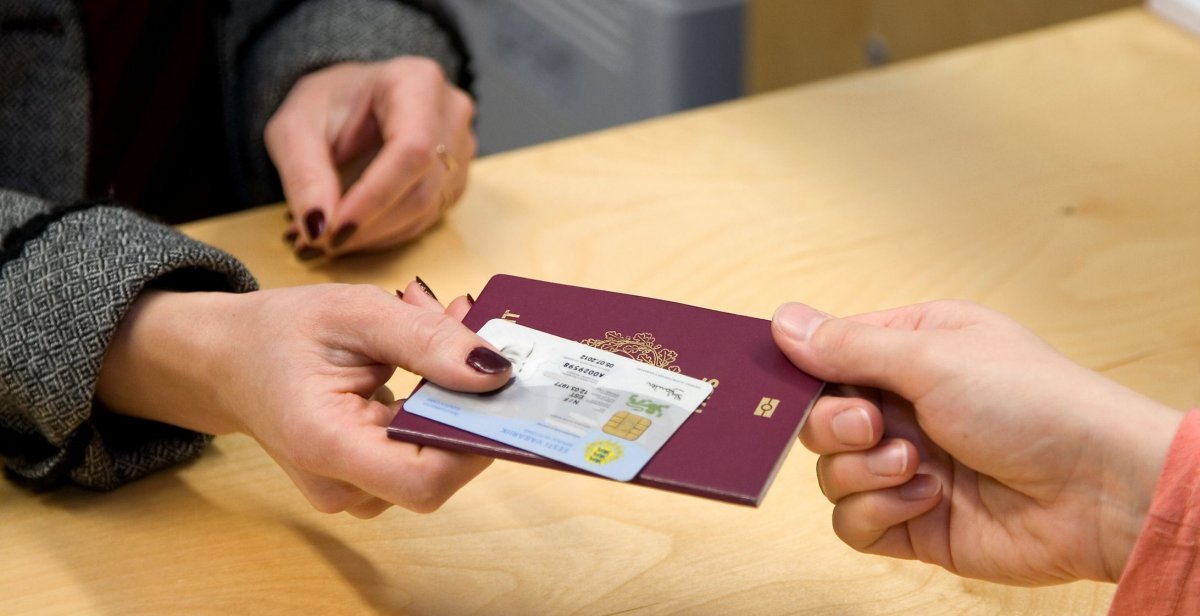Pursuant to section 4(1) of the National Identity Card Act 1985 (Act), every person who is a citizen of Mauritius shall, within six months of attaining the age of 18 and on such form as may be prescribed, apply for an identity card.
The Finance (Miscellaneous Provisions) Act 2009 and the National Identity Card (Miscellaneous Provisions) Act 2013 introduced a new biometric identity card scheme to Mauritius.
This new scheme raised a number of concerns among members of the public, and these concerns eventually led to constitutional challenges before the Supreme Court. The culminating point of the dispute was the judgment of Madhewoo v. the State [2015 SCJ 177], later confirmed on appeal before the Privy Council.1 The plaintiff was only successful in one respect: the full bench of the Supreme Court held that the provisions of the Act pertaining to the storage and retention of data in a register were unconstitutional. The other arguments of the plaintiff were dismissed.
In response to the Supreme Court judgment, the authorities issued the National Identity Card (Civil Identity Register) Regulations 2015, and now the relevant data is stored only in the identity card itself and not in a register.
Following multiple ultimatums issued by the authorities, most Mauritian citizens now hold the new biometric identity card and the matter was, for the most part, put to rest at the local level. That being said, new material has come up to rekindle the debate regarding the identity card scheme currently in force in Mauritius.
On 21 July 2021, the United Nations Human Rights Committee (HRC) found that the current identity card scheme is in violation of the International Covenant on Civil and Political Rights.
The United Nations Human Rights Committee decision
The HRC is a body of independent experts, set up under the United Nations framework for the protection of human rights to monitor the implementation of the International Covenant on Civil and Political Rights, to which Mauritius is a party. It is important to note that the courts of Mauritius frequently refer to views expressed in HRC decisions, even though the covenant has not been incorporated in our domestic law.2
Mr Madhewoo brought the matter before the HRC on 15 December 2017, to seek redress and challenge the conventionality of the collection and retention of biometric data on identity cards in Mauritius.
In a decision dated 21 July 2021, the HRC considered that Mr Madhewoo had been right in bringing a complaint under the convention. It found that, in the particular circumstances of the case, storage and retention of Mr Madhewoo’s fingerprint data on an identity card would constitute an arbitrary interference with his right to privacy.3
The HRC stated that the State of Mauritius “has not responded to Mr Madhewoo’s claim that retention of fingerprint data on identity cards exacerbates the security lacunae identified by the Supreme Court”.
The HRC further stated that, in the circumstances, it cannot conclude that there are sufficient guarantees against the risk of abuse and arbitrariness following from potential access to such data on identity cards. This is in breach of Article 17 of the convention, which relates to the right to privacy.
Most importantly, the HRC explained that the State of Mauritius is under an obligation to provide Mr Madhewoo with an “effective remedy” to the current breach of the convention. The HRC requested Mauritius to review the grounds for storing and retaining fingerprint data on identity cards. Additionally, Mauritius is under the obligation to take steps to avoid similar violations in the future.4
The State of Mauritius now has 180 days to report to the HRC on the issues raised in the decision. The State is also requested to publish the views expressed by the HRC and disseminate them broadly in the official language of Mauritius.
There is no doubt that the recent HRC decision will have an impact on the identity card scheme currently in force in Mauritius and, at the very least, contribute to a constructive public debate on the issue. The decision could also provide law practitioners with material to assist clients who contend that the current scheme is in breach of their rights.


